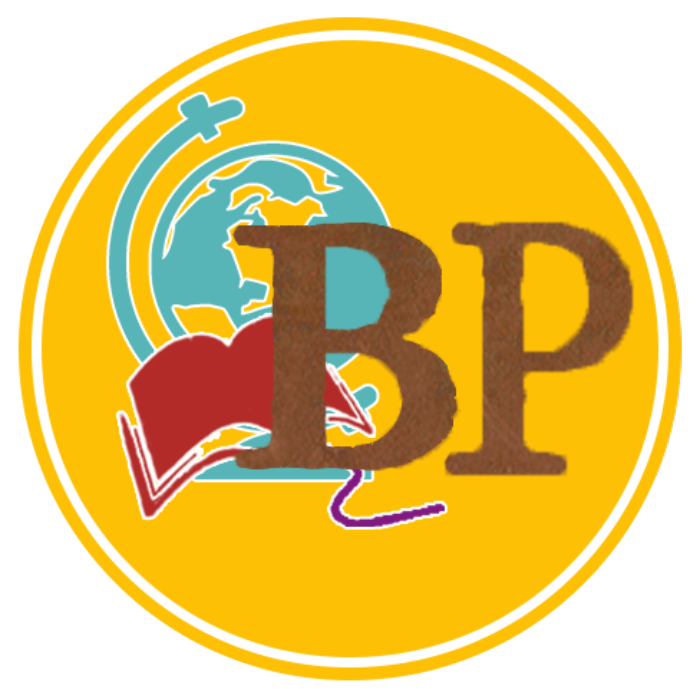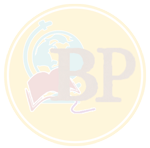BiblioPlan Tips and Tricks

One of the great things about BiblioPlan is that it isn’t a one-size-fits-all program. Knowing that not every child learns in the same way, we have intentionally made our curriculum easy to adapt for different learning types. Scroll down to see a multitude of tips and tricks for adapting our material to the unique needs of your students.
For convenience’s sake, we’ve condensed all our tips and tricks into an e-book that you can get for free! All you have to do is click the button and provide your email address.
Read on below if you prefer to get your tips and tricks online.

General Advice for All Learning Styles
Generally speaking, students come in four main learning types: visual learners, auditory learners, kinesthetic learners and reading/writing learners. Click “Read More” to see how BP helps you maximize learning for all four types.

Read More
- You choose what to use: BP lets you pick and choose the products that work best for your students. We recommend product bundles for each age group, plus extra products for enrichment; but you need not stick to those. Feel free to use only what you think will help.
- You set the pace: BiblioPlan is built on a four-year cycle, with a year each for Ancients, Medieval, Early Modern and Modern; but you needn’t stick to that. Feel free to go slower or faster according to your students’ needs.
- Continuing with the pacing idea, don’t expect your students to remember everything the first time they hear it. If you stick with BP, then you’ll cycle through each time period more than once. Consider your first time through an overview. You may be on your second or third cycle before the lights come on, and your students truly understand the flow of history. Cycling back through the years, reading more advanced living books with each cycle, is a great way to improve retention and comprehension.
- Get creative: The links below offer numerous ideas to spark the creative teacher in you! Students love it when their teachers go off script. Get yourself outside the box, teach creatively and bring wonder to your classroom!

Gifted and Advanced Learners
General Advice for Gifted and Advanced
Although the ability to learn quickly is undeniably a blessing, it can also have pitfalls—especially today, when negative influences have so many new ways to reach the young.
Read More
- Mind your sources: Do not make the mistake of giving your fast learner free rein on the internet. We’re no book burners, but there are many websites and apps that are deliberately designed to tear down Christian morality, and youth are especially susceptible.
- Discuss, discuss, discuss: History is a subject that should be processed under the guidance of mature adults. Knowledge is great, but it takes wisdom to stay off false paths. For example, communism may sound utopian to a young reader of Marx or Engels; but to people with real-life experience of Marxism, it sounds anything but utopian. The best way to impart that wisdom is through discussion.
- “Independent” doesn’t mean “alone”: Don’t assume that a child who can work independently doesn’t need the benefit of your experience. Encouragement, involvement and teacher interest are just as important for fast learners as they are for struggling ones.
- Push out, not up: Be careful how far you push your fast learners ahead of grade level. Just because they have the ability to read higher level books doesn’t mean they are mature enough to handle them. They may encounter material that they aren’t emotionally ready for, and they may also burn out. Instead of pushing them up, try pushing them out to a wider range of reading—including books from lower levels.
- Mind your workload: If your students are doing higher level work in other subjects, then be careful how much extra history you tack on.
- Set realistic goals: Fast learners often have too-high standards. They tend to set goals that are impossible to attain, and to start projects that are beyond their ability to finish. Parents and teachers can help by suggesting more realistic goals.
- Let kids be kids: Gifted and advanced students need time to play and daydream just like other children. If every moment of their day is filled with study, then they miss opportunities to create and explore in their own areas of interest.
How BP Benefits Gifted and Advanced
The simplicity of BP makes it easy for fast learners to work at their own pace. BP also offers two products that make our program especially good for fast learners.
Read More
- Our Lesson Plans Plus resource guides list so many resources than even the most avid readers struggle to use them all. The diversity of our resources helps avid readers study the same topic from multiple points of view.
- Our Cool History question-and-answer workbooks provide weekly bonus questions to get students researching and writing. For every level except Littles, our Optional Bonus Question/Activity sends them hunting for answers they can’t find in our history spines.
Struggling, Sensory and Special Learners
Another great feature of BP is that there is no right or wrong way to use it. Every product in our line can be used in multiple ways, which makes BP especially helpful for students who learn differently. Children with autism, dyslexia, ADHD, visual learning challenges, auditory learning challenges, sensory needs, developmental delays, testing woes and more have all found success with BP. Use the buttons below to find out how.



